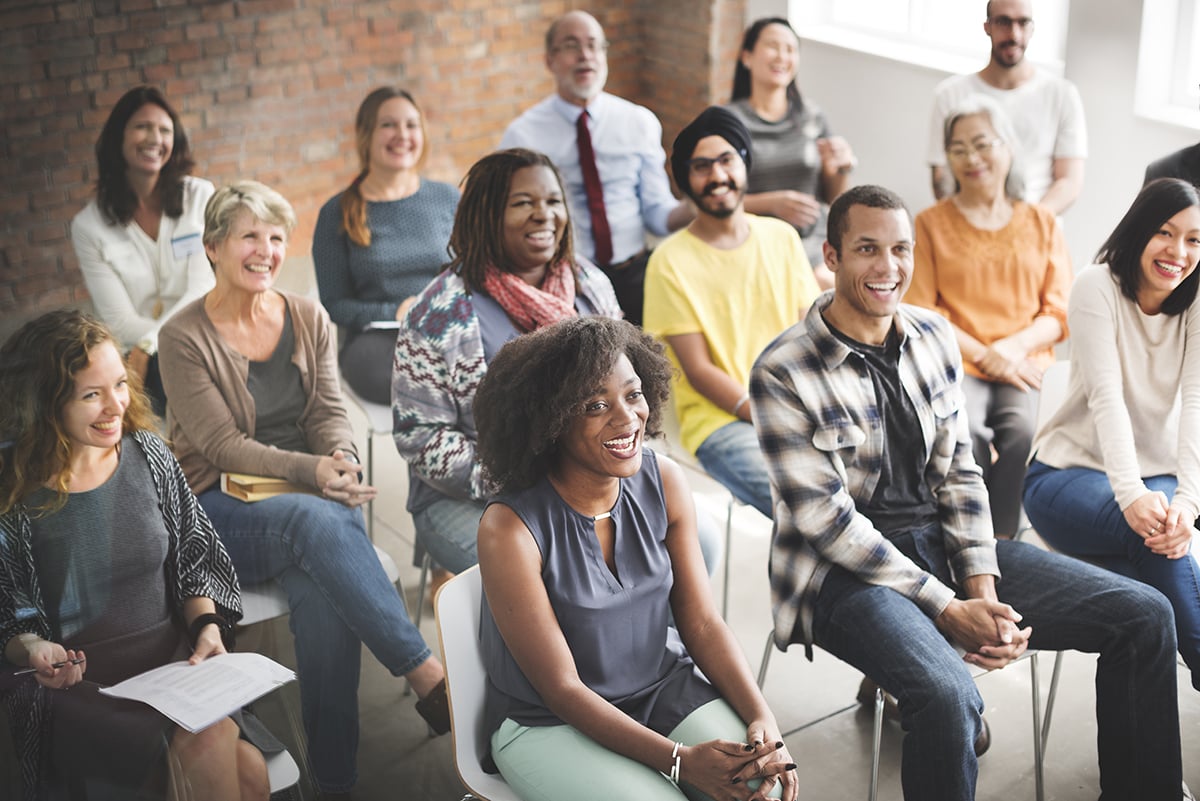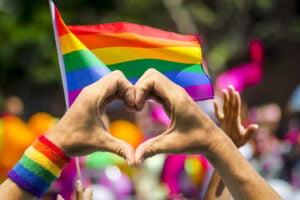
Brain Freeze
An engaging and thought provoking training offering a deeper understanding of Unconscious Bias.
Contact UsUnconscious Bias in the Workplace
The most difficult part of confronting unconscious bias is that we are often unaware that we have one. The idea that we might have biases, and even worse, act on them, makes us feel like genuinely bad people. As a result, we can often hear challenging voices and opinions as personal indictments of our character, not opportunities to reflect, assess, and course correct. The successful implementation of a meaningful DEI initiative will require us to do all three, as we will need to hear sincere critique, and find ways of listening with intention. It is only then that we will be able to improve our workplaces, cultivate and sustain diverse voices, and build a business that is more successful because of the strength of its members
Take your Unconscious Bias Training to the Next Level
Everyone in the workplace is part of the solution to becoming more aware and creating a culture of inclusion. Contact us to request a free demo and to learn more about this program.
What you will learn:
-
Develop an Understanding
The role identity-protective reasoning plays in enabling unconscious bias.
-
New Way of Thinking
The ways in which language frames our thinking about those different from us.
-
Self Reflection
The diagnostic questions we can ask ourselves and our colleagues to help us critique our own beliefs and their impact.
-
Importance of Language
The language we can use to give peers the framework to reflect without shame, and foster positive, intentional action.
Be the change you want to see... address unconscious bias in your workplace today!





